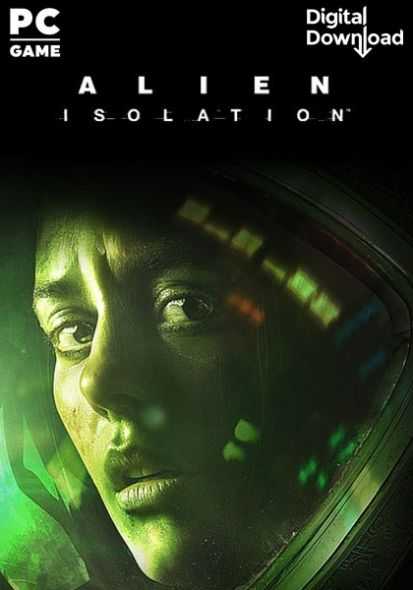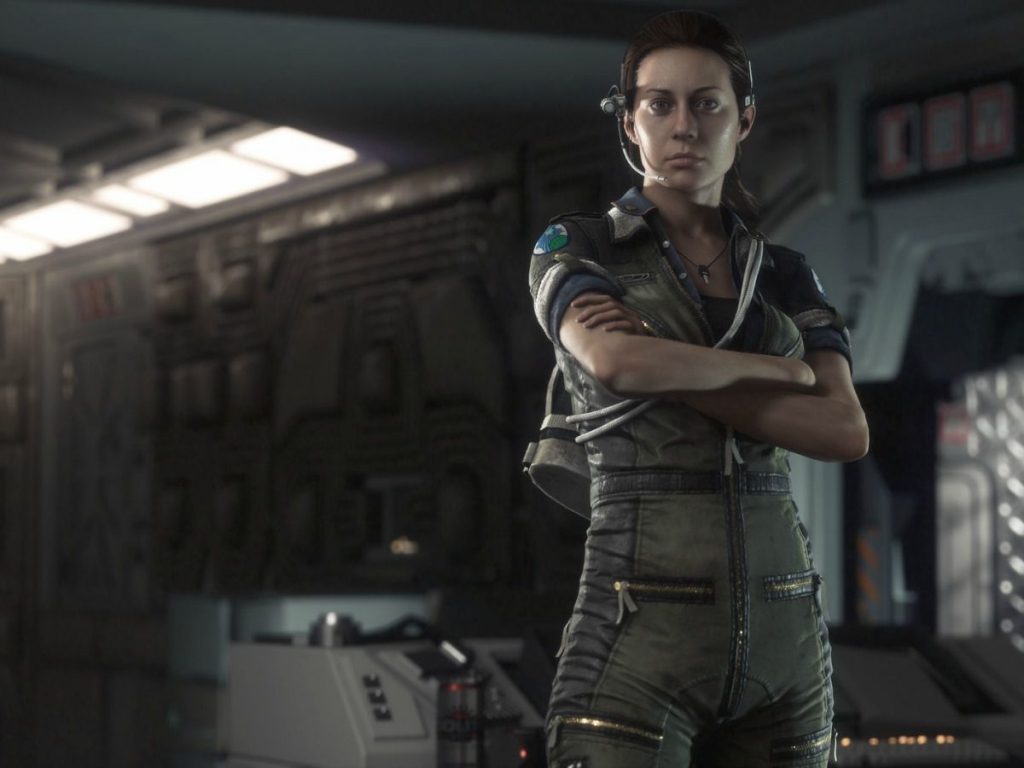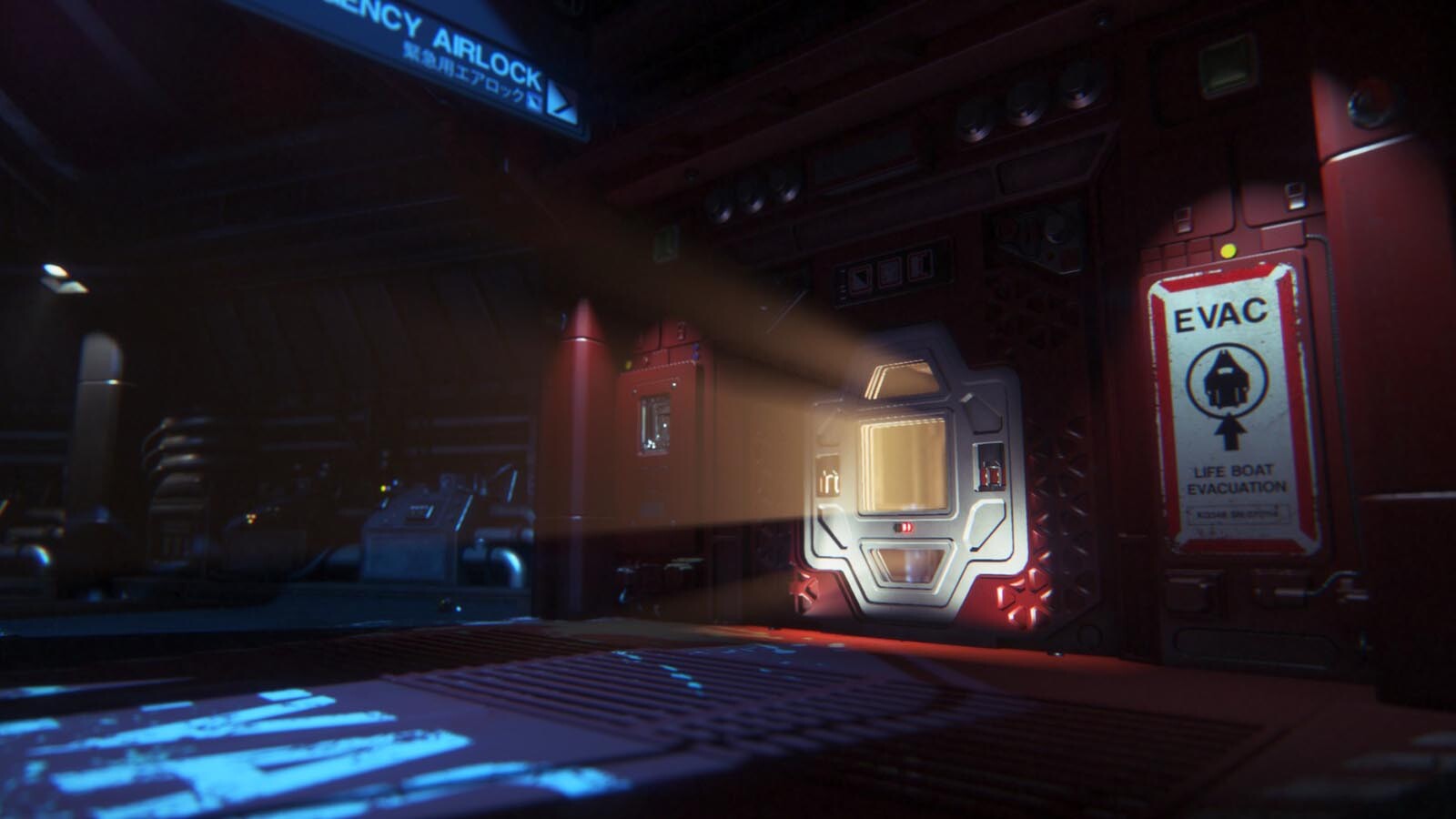
Sadly, it all goes completely arse-up and Pioneer is all but destroyed, as is the USS Otago, a huge military transport vessel analogous to the Sulaco, which crashes on Lethe along with Hayes and Jonas Harper, a marine sergeant thrust into a position of leadership because everyone above him is dead. This section acts as a tutorial as you control Hayes around the darkened corridors towards the main control mainframe, looking for a way to stop the aliens getting off Pioneer station and down to the surface of Lethe. It’s in service to the gameplay, of course. When a xenomorph and a bunch of face huggers get loose aboard the station, Hayes’ first thought isn’t to run like hell or even sound a station-wide alarm. You play initially as Maeko Hayes, a Weyland-Yutani administrator aboard Pioneer Station, in orbit around the planet Lethe. Case in point is how Aliens: Dark Descent begins. It still has a plot that relies on people making the worst possible decision at every moment. Dark Descent is to Aliens what Isolation is to Alien, and that means both good and bad news – though mostly good.įor example, it still paints the Colonial Marines as tough but dumb hombres more likely to charge headlong into the unknown than analyse a situation for five minutes first.

It knocks spots off titles like Colonial Marines and Fireteam Elite.

Let’s be clear for a moment, though: this is very possibly the best Aliens game we’ve ever had. How many times has someone in this universe stuck their face in something clearly dangerous, or gone creeping around in the dark alone expecting to not get the back of their skull ventilated by a lurking monstrosity? Aliens: Dark Descent is no different in this regard, but that’s the price you pay for something this painstakingly respectful of the source material. Not because it’s particularly funny, but because nothing ever seems to advance significantly, and characters seem to learn nothing.

The Aliens universe can almost be likened to a sitcom at this point.


 0 kommentar(er)
0 kommentar(er)
